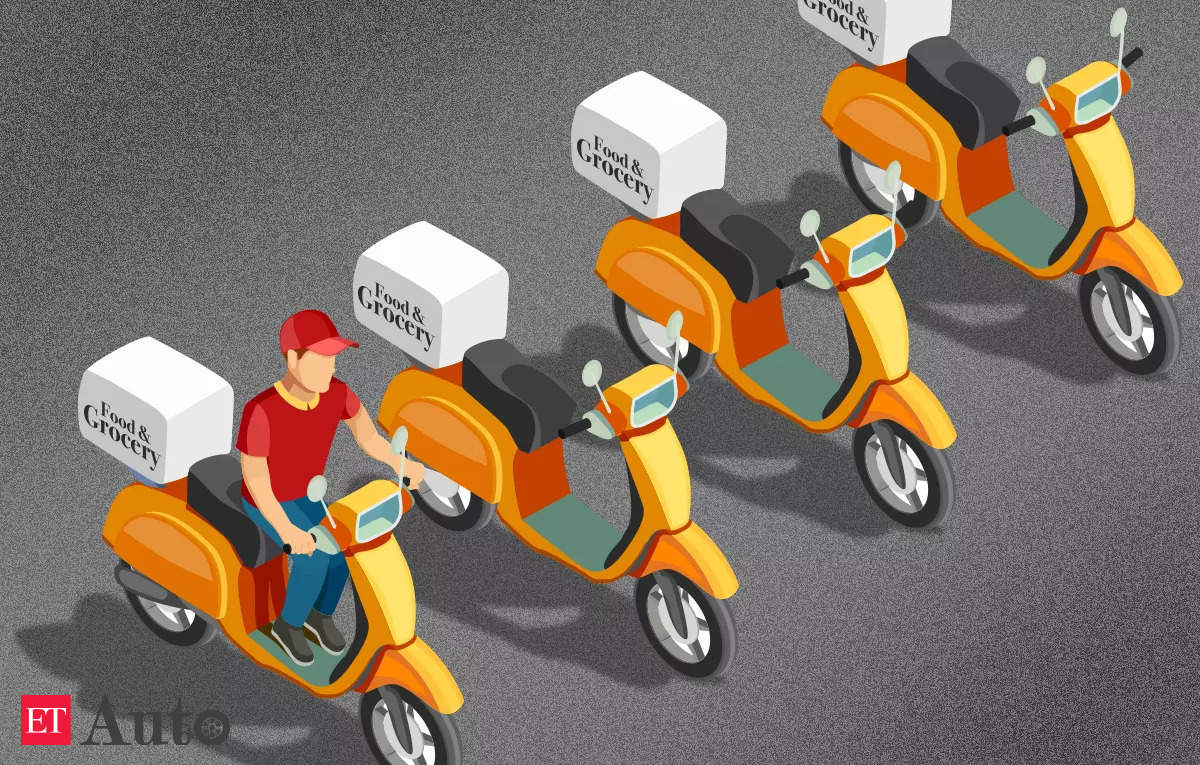After billions of dollars have been invested to ensure that every second is shaved off from the delivery timelines, questions are being raised over whether the sector can continue to bleed cash or will it have to make a hard shift toward ensuring a return to ensure long-term viability.
Efforts to make commerce quick has seen spends on areas ranging from data science and technology to customer acquisition and retention. Companies are of the view that growth in the number of orders and subsequently their topline is what will make the bottomline improve.
“Companies don’t become profitable by cutting costs, they turn profitable by growing. Same will be true for us,” Albinder Dhindsa, founder and CEO of Zomato-owned Blinkit, told ET. Blinkit has set a target of becoming adjusted-ebitda breakeven by the first quarter of fiscal 2025.
Nexus Venture Partners-backed Zepto, which is the only standalone quick commerce platform in India, expects to turn profitable on an ebitda level in the next two-and-a-half quarters. Cofounder and CEO Aadit Palicha said that all the company’s 330 dark stores are breakeven on a contribution level.
Contribution is generally defined as revenue after subtracting costs for dark store operation, last-mile delivery, warehousing, middle-mile transportation, customer discounts, wastage, payment gateway charges, customer returns, packaging and other miscellaneous expenses. It does not exclude corporate costs.
“Once we turn profitable at an ebitda level, the delta to PAT (profit after tax) level profitability is extremely small for us,” Palicha said.
Zepto is looking to exit FY24 with over $1 billion in gross merchandise value (GMV), with over 30% of its growth coming from same store sales, he added. Bengaluru-based Swiggy, which operates its quick-commerce business under Instamart, has seen its investments in the quick grocery delivery business weigh on its overall losses.
In January 2023, the company had raised $700 million, primarily to fund the expansion of its quick delivery business. According to sources, Swiggy expects most of its dark stores to achieve breakeven levels soon. Swiggy did not comment for this story.
For the quick-com brigade there are three key levers to profitability, according to a Mumbai-based consumer sector analyst. “Firstly, the players are trying to become as dense as possible by adding more stores, this will reduce delivery timelines. Second, on these fixed costs, sale of higher ticket sized items in segments such as beauty, electronics, toys, jewellery, will result in increased margins in absolute terms. Thirdly, once there is a critical level of customer base… as shown by Blinkit, ad revenues start pouring in,” he said.
Last January, ET had reported that revenues from advertising were increasingly becoming an important way for food-delivery and quick-commerce platforms. For quick commerce firms, advertising revenue offers the highest margins of between 90% and 95%, executives in the industry say. In February, Blinkit had said its ad revenue jumped more than threefold during the December quarter, compared to the same period a year ago.
The analyst cited above also said that as the companies open more dark stores, the time taken for the newer stores to reach breakeven levels will shrink.
Legacy online grocery firm BigBasket’s BB Now closed calendar year 2023 with $319 million in GMV according to Datum Intelligence. However, the firm is present in about 20 cities and is already contributing 30% of BigBasket’s overall business, cofounder and chief executive Hari Menon told ET.
The quick commerce arm is not contribution margin positive yet though the slotted delivery arm is, Menon added, without giving exact numbers. Industry executives cautioned that cash burn on building infrastructure, when not coupled with the right execution, can claim third-degree injuries, citing the example of Reliance-backed Dunzo.
“They spent nearly as much as their competitors on building the quick commerce business… but this did not start showing on the revenue side pointing to a clear flaw in their business model,” a Gurgaon- based quick commerce executive said.






